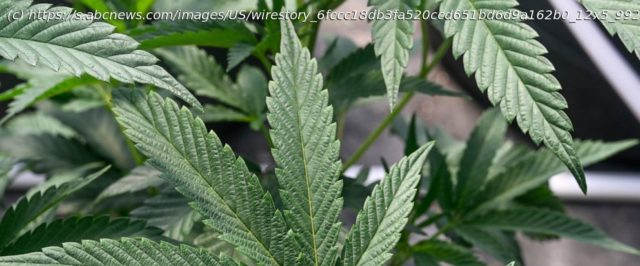New York’s fledgling marijuana market doesn’t have enough licensed retailers to sell the 300,000 pounds (136,000 kilograms) of cannabis grown by farmers in the state
— Seth Jacobs has about 100 bins packed with marijuana flower sitting in storage at his upstate New York farm.
And that’s a problem. There aren’t enough places to sell it.
The 700 pounds (318 kilograms) of pungent flower was harvested last year as part of New York’s first crop of legally grown pot for recreational use. He also has roughly 220 pounds (100 kilograms) of distillate. Months later, there are only a dozen licensed dispensaries statewide to sell what Jacobs and more than 200 other farmers produced.
Now, another growing season is underway and farmers still sitting on much of last year’s harvest are in a financial bind.
“We are really under the gun here. We’re all losing money,” Jacobs recently said at his farm on rolling land near the Vermont border. “Even the most entrepreneurial and ambitious amongst us just can’t move much product in this environment.”
New York pot farmers aren’t the only ones struggling with difficult economic conditions. Marijuana growers in western states have also complained that low prices, tough competition from the black market, high state taxes and federal banking and exporting restrictions have made it tough for legal growers to make money.
But the farmers‘ plight in New York is directly tied to the bumpy launch of the state’s recreational pot market.
State leaders had always planned to gear up the market in stages, giving a chance for a diverse set of participants to get a toe-hold. The state’s process for licensing new dispensaries, however, has moved at a far slower pace than expected.
Last fall, Gov. Kathy Hochul foresaw 20 new shops opening every month or so to start this year. Instead, one store was open by the start of the year, with 11 more opened since.
Unlicensed shops rushed in to fill the void, especially in New York City, but those outlets aren’t a legal market for the state’s farmers.
Start
United States
USA — mix Slow start to New York's legal pot market leaves farmers holding the...






